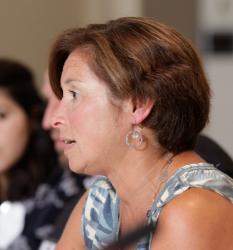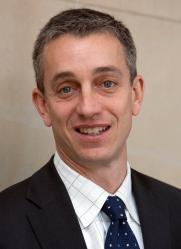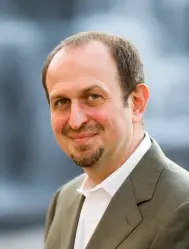

6:00 pm EDT - 7:30 pm EDT
Past Event
Content from the Brookings Doha Center is now archived. In September 2021, after 14 years of impactful partnership, Brookings and the Brookings Doha Center announced that they were ending their affiliation. The Brookings Doha Center is now the Middle East Council on Global Affairs, a separate public policy institution based in Qatar.
On October 19, 2008, the Brookings Doha Center, a Project of the Saban Center for Middle East Policy at the Brookings Institution, hosted an event entitled “Challenging Stereotypes and Breaking Barriers: The Role of Arts and Culture in the U.S.-Muslim World Relationship.” Panelists included Stephen Grand, Director of the Saban Center at Brookings Project on U.S. Relations With the Islamic World, Ambassador Cynthia Schneider, Director of the Project on U.S. Relations With the Islamic World Arts and Culture Initiative, and Pelin Turgut, correspondent for TIME magazine and co-founder of the !f Istanbul International Independent Film Festival. The talk focused on the role of arts and culture in bridging the post 9/11 divide between the U.S. and Muslim World. The director of the Brookings Doha Center and fellow at the Saban Center for Middle East Policy, Hady Amr, moderated the discussion.
Stephen Grand spoke of the efforts of the Arts and Culture Initiative, which begun as an initiative at the 2006 Islamic World Forum. The Project, which is intended to increase understanding between the U.S. and the Muslim world, has helped form “exciting connections” among artists and cultural leaders from Cairo to Washington to Doha to New York and has yielded results that could have an important effect on the U.S.-Muslim World relationship.
Cynthia Schneider opened her remarks by referencing statements made by both American President Thomas Jefferson and the Prophet Muhammad that reflect the idea that “the pen is mightier than the sword,” which is also the title of her recent Saban Center at Brookings Project on U.S. Relations with the Islamic World analysis paper, “Mightier than the Sword: Arts and Culture in the U.S.-Muslim World Relationship.” She emphasized that the growing divide between the U.S. and the Muslim World is a great foreign policy challenge, one that must be tackled with increased engagement and diplomacy. Ambassador Schneider argued that arts and culture have a particularly important role to play in this process of engagement because artists can push certain boundaries and the power of their creative expression can move us emotionally and can really shape our opinions. For instance, while she argued that many polls taken in the Muslim world had respondents describe U.S. policy as “ruthless” Americans themselves were perceived as “friendly,” in large part because of television programs depicting ordinary American citizens. Thus, she urged that the U.S. must take its own culture seriously and increase funding for integrating knowledge of arts and culture into international involvement in order to “realign American foreign policy with American values and principles.”
Pelin Turgut concurred with a number of points articulated by Ambassador Schneider in her most recent paper, especially on the subjects of art and culture being used as diplomatic tools and the difference between art programs in the United States and Europe. These two issues have particular relevance to her work, reporting on cultural issues in Turkey and being involved with the independent film scene there. Turgut spoke in the context of the historically hostile relationship between Turkey and Greece, explaining that in spite of this mutual distrust, an earthquake in 1999 that affected both countries caused some good will and a demand for better ties. The “low level” cultural relations that began as a result, have actually had important ramifications, such as helping push forward talks on the contested status of Cyprus.




Noha Aboueldahab
August 23, 2021

August 23, 2021

Yasmina Abouzzohour
August 19, 2021